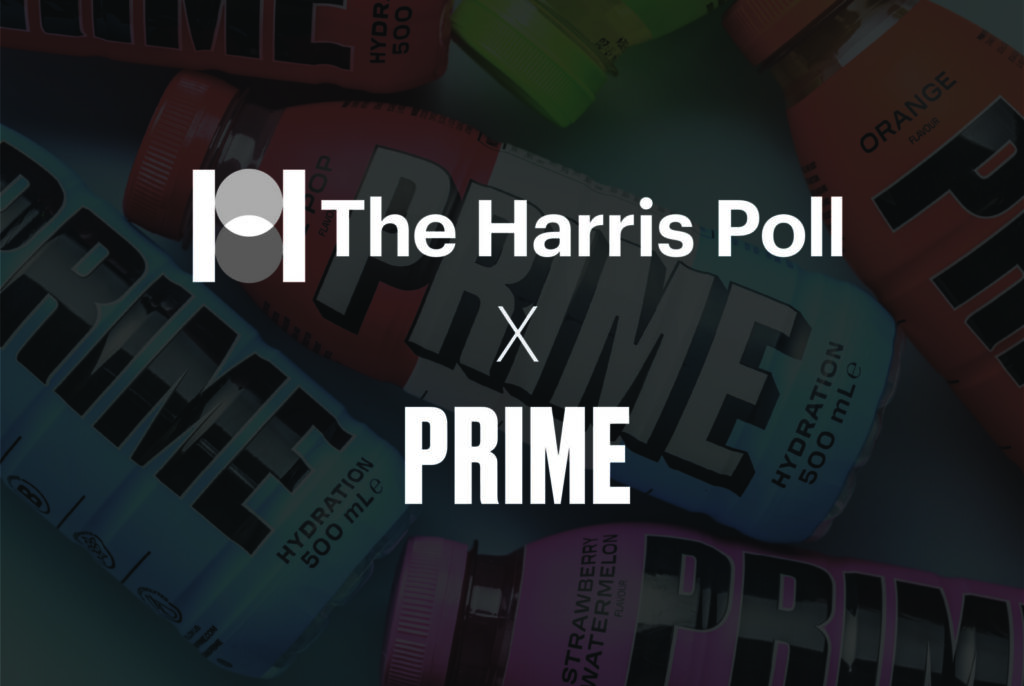Brief • 2 min Read

This research was cited in a September 20, 2022 op-ed written by Harris Poll CEO Will Johnson for New York Daily News.
On August 24, the Biden administration announced an executive order to “cancel $10,000 in debt for those earning less than $125,000 per year and $20,000 for those who had received Pell grants for low-income families,” according to reporting from the New York Times. The administration’s plan includes other facets aimed to make college more affordable, and The Harris Poll surveyed a representative sample of US adults from August 26–29 to gauge public perceptions of the executive action.
In general, Americans recognize that the cost of higher education in the US is too high. However, there is a lack of consensus regarding next steps.
Three-quarters of US adults (74%) at least somewhat agree that student debt is a crisis in the US. Perhaps unsurprisingly, this is higher among those who currently hold student debt (87%) compared to those who previously held student debt and have since eliminated their loans (71%).
Eight in 10 US adults (83%) agree that lowering the cost of tuition is more important than forgiving debt. Again, this remains unchanged between those who currently hold or previously held student loan debt (83% and 80%, respectively). Six in 10 US adults (61%) at least somewhat agree that college should be free to attend. While this increases to 78% among those who currently hold student debt, those who previously held student debt and have since eliminated their loans less often agree (50%).
Perhaps surprisingly, the perceived fairness—or lack thereof—of student debt forgiveness is largely unimpacted by student loan status.
Three-quarters of US adults (73%) at least somewhat agree that forgiving education loans is unfair to those who already paid off their student debt. This remains unchanged between those who currently hold student debt (69%) and those who previously held student debt and have since eliminated their loans (71%). Two-thirds of US adults (66%) at least somewhat agree that Americans who have already repaid student loan debt should be given a refund matching any amounts canceled for current borrowers. Again, this remains unchanged between those who currently hold or previously held student loan debt (69% and 64%, respectively).
When it comes to the Biden administration’s student debt relief plan, Americans support the policies that benefit them personally.
Related student debt relief measures more often receive support compared to loan forgiveness. Seven in 10 US adults (68%) at least somewhat support the Biden administration’s efforts to lower the minimum monthly student loan payment to 5% of the borrower’s monthly income. Again, this increases to 81% among current loan holders, compared to 69% of previous loan holders. Similarly, support increases to 81% among those who identify as a Democrat, compared to 54% who identify as a Republican, and 67% who identify as an Independent.
Two-thirds of 10 US adults (63%) at least somewhat support the Biden administration’s decision to extend the pandemic-prompted student loan payment pause (i.e., suspension of mandatory payments and 0% interest rate on student loans) through the end of 2022. Again, this increases to 81% among current loan holders, compared to 63% of previous loan holders. Similarly, support increases to 76% among those who identify as a Democrat, compared to 47% who identify as a Republican, and 63% who identify as an Independent.
Despite this, most US adults (61%) at least somewhat agree that the current student debt relief package does not do enough to help borrowers. This increases to 76% among current loan holders, compared to 50% of previous loan holders. Similarly, support increases to 67% among those who identify as a Democrat, compared to 50% who identify as a Republican, and 62% who identify as an Independent.
This survey was conducted online in the United States by The Harris Poll from August 26, 2022 to August 29, 2022 among 1,064 US adults, 18+. Figures for age, sex, race and ethnicity, education, region, household income, and propensity to be online have been weighted where necessary to bring them into line with their actual proportions within the US population. Respondents for this survey were selected from a pool of potential respondents who have agreed to participate in The Harris Poll’s online research. For this study, the sample data is accurate to within +/- 4.0 percentage points using a 95% confidence level.
Subscribe for more Insights
Subscribe to our newsletter for the latest trends in business, politics, culture, and more.
Download the Data
Download the full data tables
Download
Subscribe for more Insights
Subscribe to our newsletter for the latest trends in business, politics, culture, and more.
Download the Data
Download the full data tables
DownloadRelated Content








